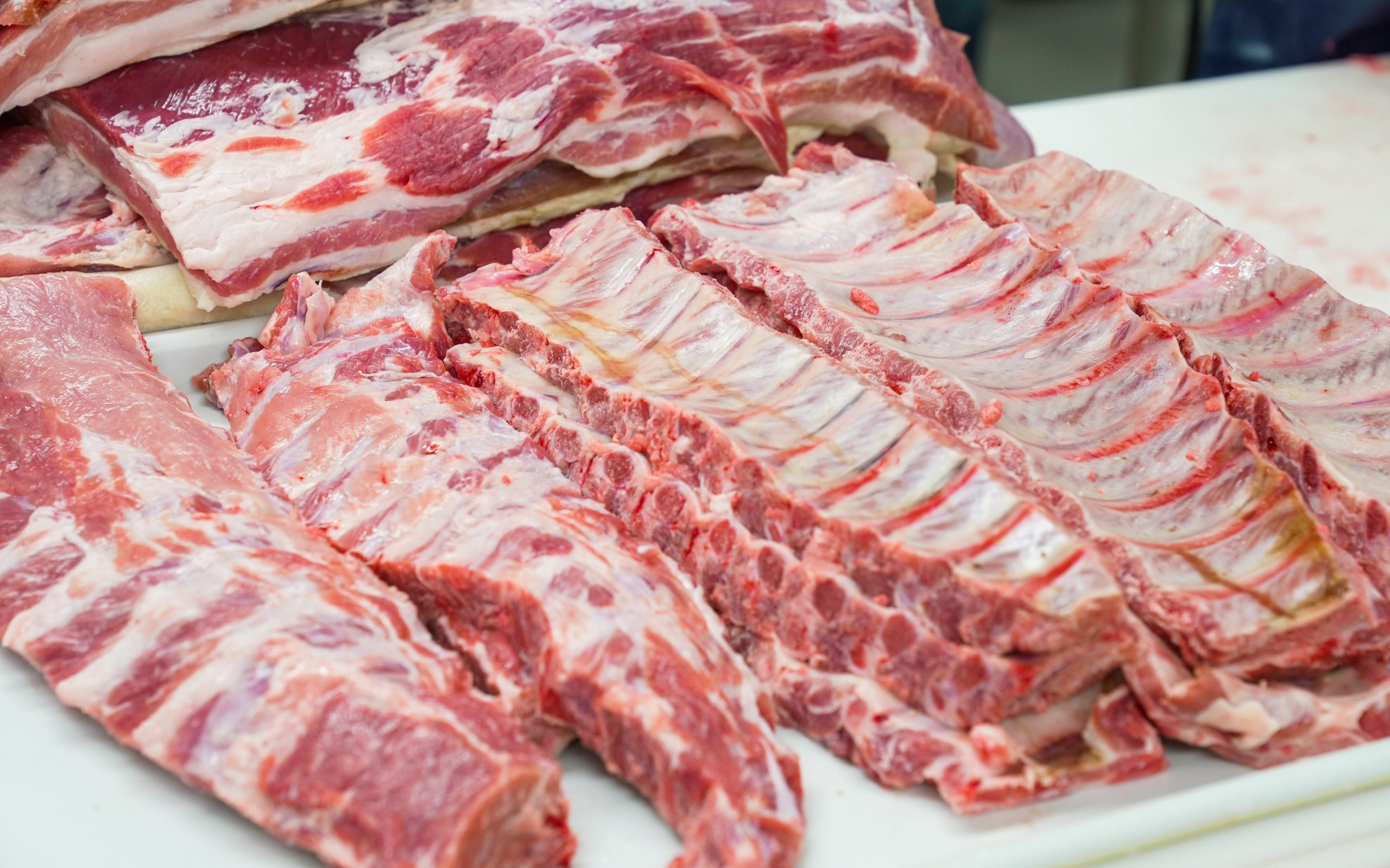
While meat often gets a bad rap in nutritional guidelines, the German Nutrition Society (DGE) breaks the mold by advocating for its inclusion in a balanced diet. Emphasizing moderation, the key is to keep the meat portion as minimal as possible. Discover the secrets to a healthier and more energetic life by choosing the best choices in meat.
Check out the insights on what to watch for, the ultimate list of the world’s healthiest meats, and find answers to the questions that have caught your curiosity for a long time, as revealed by Heidelberg24.de.
World’s healthiest meat
Not all steaks are equal when it comes to health! So, what sets one meat apart from another in terms of health benefits? Primarily, the fat content plays a significant role. Lean meats such as chicken or turkey are popular choices for a healthy diet due to their lower fat content. However, fat is just one piece of the puzzle; other nutrients also come into play.
Read also: 10 tips for healthy eating and nutrition to boost your energy
Red meat is a rich source of iron, zinc, and B vitamins, yet its associated with cancer and chronic diseases. The kind of animal feed becomes a crucial factor, with meat from grass-fed cattle boasting higher levels of heart-healthy omega-3 fatty acids compared to their grain-fed counterparts. Additionally, the preparation of meat is vital; choosing the right cooking methods, such as avoiding frying in less healthy oils, adds another layer to the quest for a wholesome diet.
What type of meat is the healthiest?
Consensus among nutrition experts points to poultry taking the lead! With low-fat content and abundant valuable protein, poultry, particularly chicken breast, earns its spot at the top. Turkey meat follows suit, packing essential nutrients such as iron, potassium, zinc, and B vitamins into a lean and protein-rich package.
Read also: Essential foods to include in your weight loss diet
In a surprising second place, game meat takes the spotlight. Antibiotic-free, low in fat, and rich in unsaturated omega-3 fatty acids, wild game earns its reputation as a comparatively healthy choice. However, a word of caution comes with it: the risk of heavy metals, pesticide residues, diseases, and parasites is higher in wild meat compared to industrially farmed counterparts.
Here are the Top 4 of the healthiest types of meat :
- 1st place : Poultry
- 2nd place : Wild game meat
- 3rd place: Beef
- 4th place : The lamb
Which is healthier: Beef or Chicken?
The Ageless Battle: Chicken vs. Beef. Beef shines in the nutrient department with high scores on iron and zinc. On the health leaderboard, however, white meat, namely chicken, claims the top spot. The World Health Organization (WHO) has labeled red meat as carcinogenic, with European cattle specifically associated with colon cancer. Yet, the classification of what falls under red meat remains a point of controversy, as the science magazine “Spektrum” highlights. Some individuals hesitate to include pork in their diet, given its usual categorization as red meat.

Which is healthier: Pork or beef?
Diving into beef and pork, both reigning as culinary staples, especially in German cuisine. While pork may carry a ‘fatty‘ reputation, opting for leaner cuts such as sirloin can make it a healthier choice. Beef, on the other hand, boasts a nutrient-rich profile, particularly in iron. However, both fall under the category of red meat, which positions them as not the healthiest options among meat choices.
Read also: List of top African restaurants in Germany where you can find African food
What meat should you not eat?
Bringing up the rear in the health hierarchy is processed meat, deemed the unhealthiest by the World Health Organization (WHO), with an associated cancer risk. From sausages to smoked meat, Parisian ham to salami, it’s advised to steer clear of these processed varieties and opt for as natural a meat as possible. However, even the healthiest meat can pose risks if consumed excessively. As mentioned earlier, moderation is key, with the German Nutrition Society (DGE) recommending a weekly intake ranging from 300 grams for a low-calorie requirement to 600 grams for a higher one, depending on individual body and dietary choices.
Is it healthier not to eat meat at all?
Until today, the German Nutrition Society (DGE) advocates for a limited inclusion of meat in the diet. Nevertheless, embracing a conscientious approach to nutrient consumption reveals health benefits in a meatless diet. With reduced fat intake, cardiovascular health improves, and, according to German Diabetes Aid, the risk of diabetes decreases, positively impacting metabolism.
The Federal Center for Nutrition recommends a well-balanced meat-free diet comprising ample daily servings of vegetables and fruits, along with grain products like bread or pasta. It is crucial to note that if one opts for a diet free of animal products, they may need to supplement vitamin B12. However, individual dietary choices should always be discussed with a specialist doctor to ensure proper understanding and guidance.
